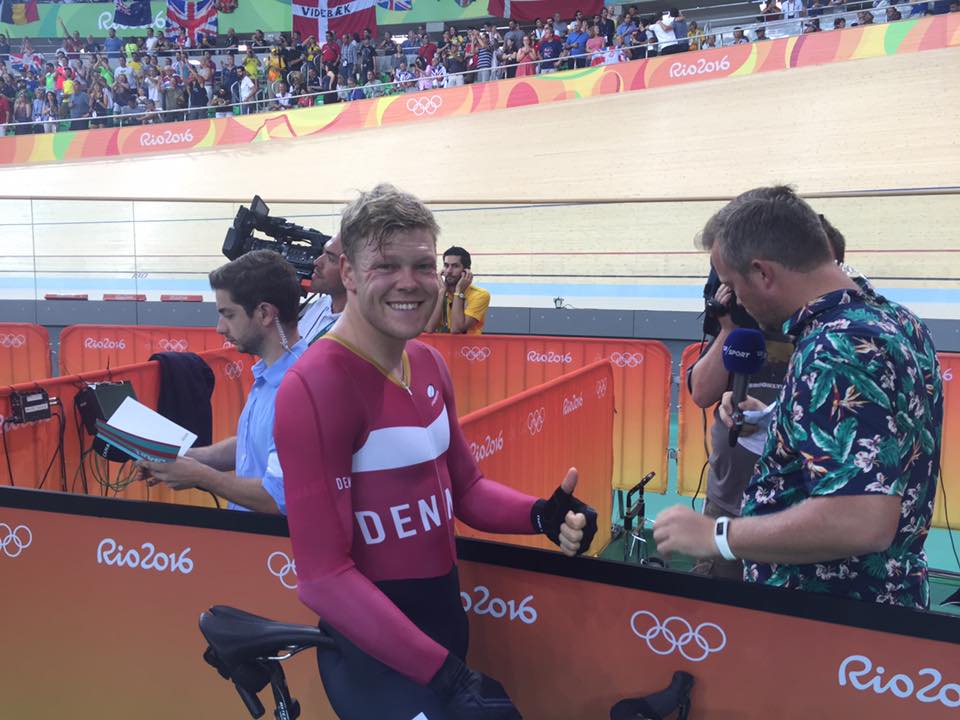Denmark won its eighth medal in the 2016 Olympic Games in Rio last night as cyclist Lasse Norman Hansen fought back to win bronze in the men’s omnium.
The gold winner from 2012 in London was sixth before the final three races, but a second place finish in the final points race saw the Dane finish third, just two points behind Britain’s Mark Cavendish in second.
Meanwhile in the women’s omnium, 20-year-old Amalie Dideriksen sits fourth overall after the first three races.
Badminton hopes continue
It was mostly good news in the badminton yesterday with Viktor Axelsen qualifying for the quarter-finals in the men’s singles and Christinna Pedersen and Kamilla Rytter-Juhl making the semis of the women’s doubles.
Alas it was the end of the line for Jan Ø Jørgensen, who disappointingly lost.
Holten your horses
Rene Holten Poulsen, meanwhile, doesn’t expect to win a medal in today’s kayak men’s single 1,000m sprint, which starts at 15:12 CET.
Ahead of the preliminaries, the Dane was one of the favourites, but his qualification has been unconvincing and he revealed after the semis that he had been ill and didn’t expect to medal at all.
Strong sailing chances
Without Poulsen’s medal, Denmark might have a difficult time reaching their 10-medal target, although Anne-Marie Rindom remains a strong prospect in the laser radial sailing, in which she sits second with one race to go. Yesterday’s medal race was postponed.
49ERFX with four races to go and still in contention to win gold.
Late last night both Danes made it through to the semis of the women’s 400m hurdles.
Denmark’s only realistic athletics medal prospect, Sara Slott Petersen, had the third best time overall, while Stina Troest scraped by as a fastest loser.














